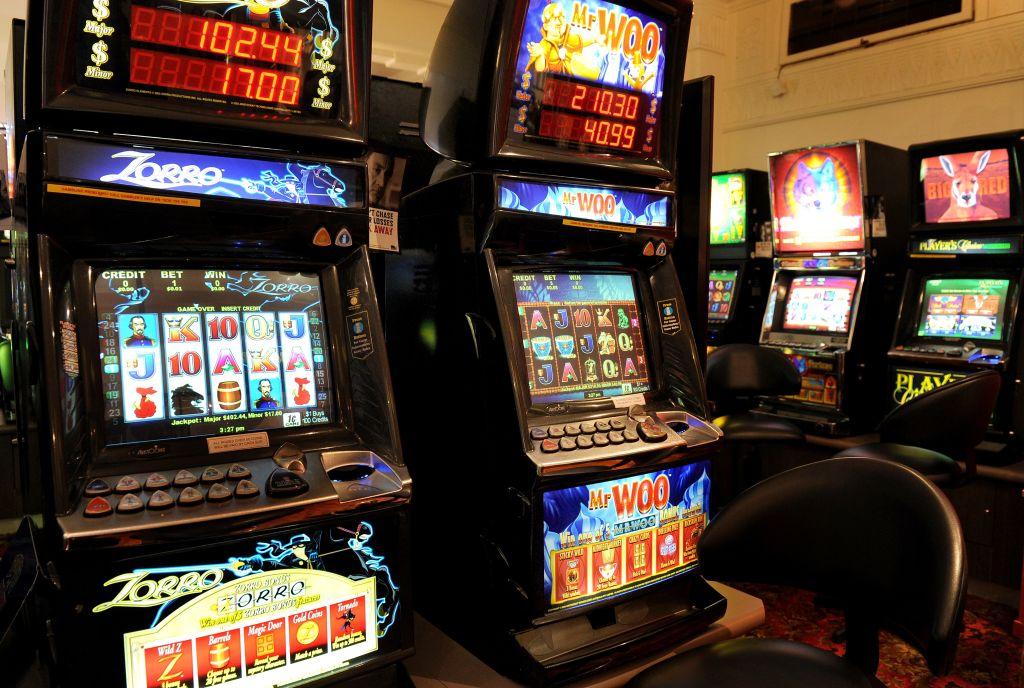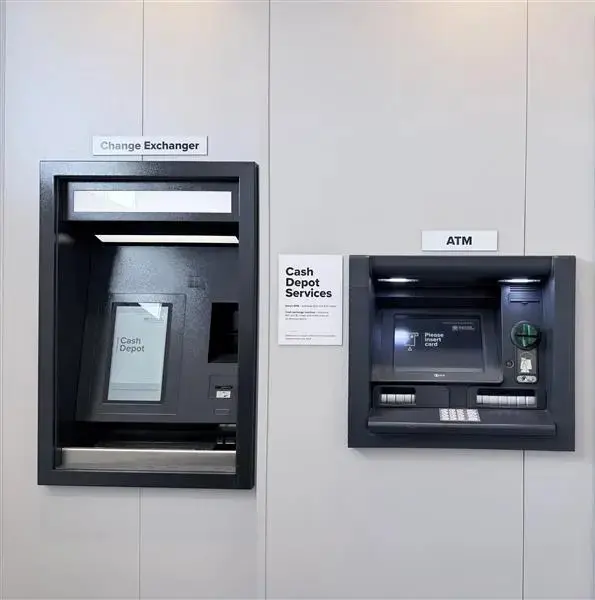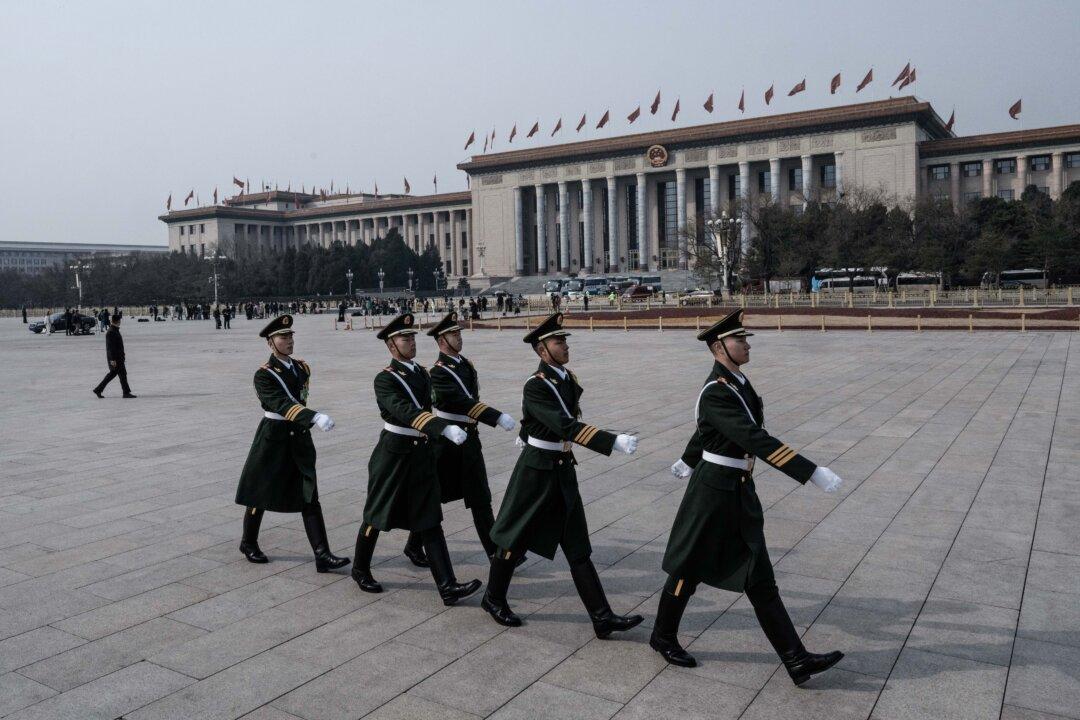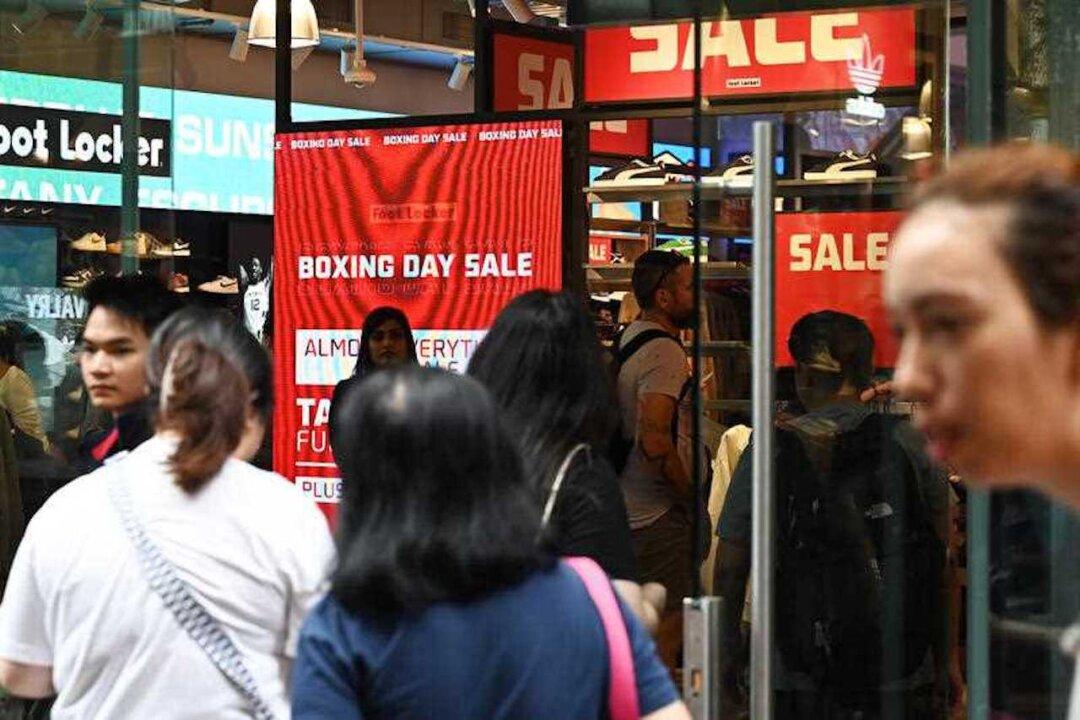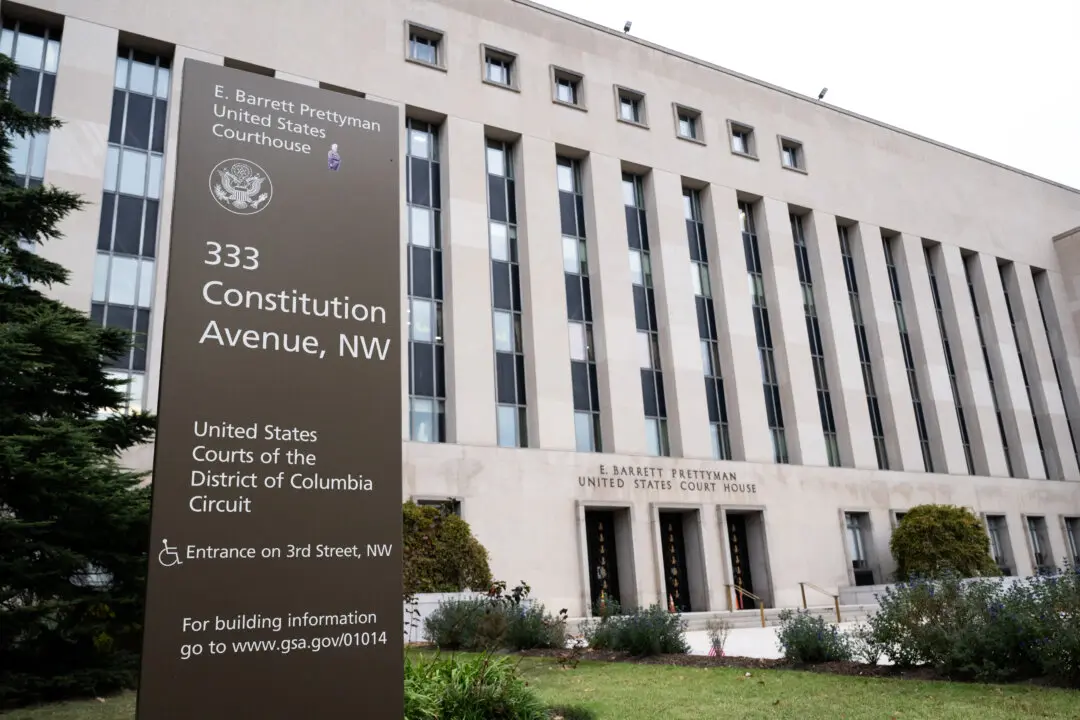A 10-year study found that Returned Services League (RSL) clubs in Victoria return only a small fraction of their gambling revenue to the community.
The clubs are licensed to operate pokie machines (also called poker machines, slot machines, or fruit machines) and, from 2009 to 2019, made revenues of $2.097 billion (US$1.32 billion) from gamblers.
